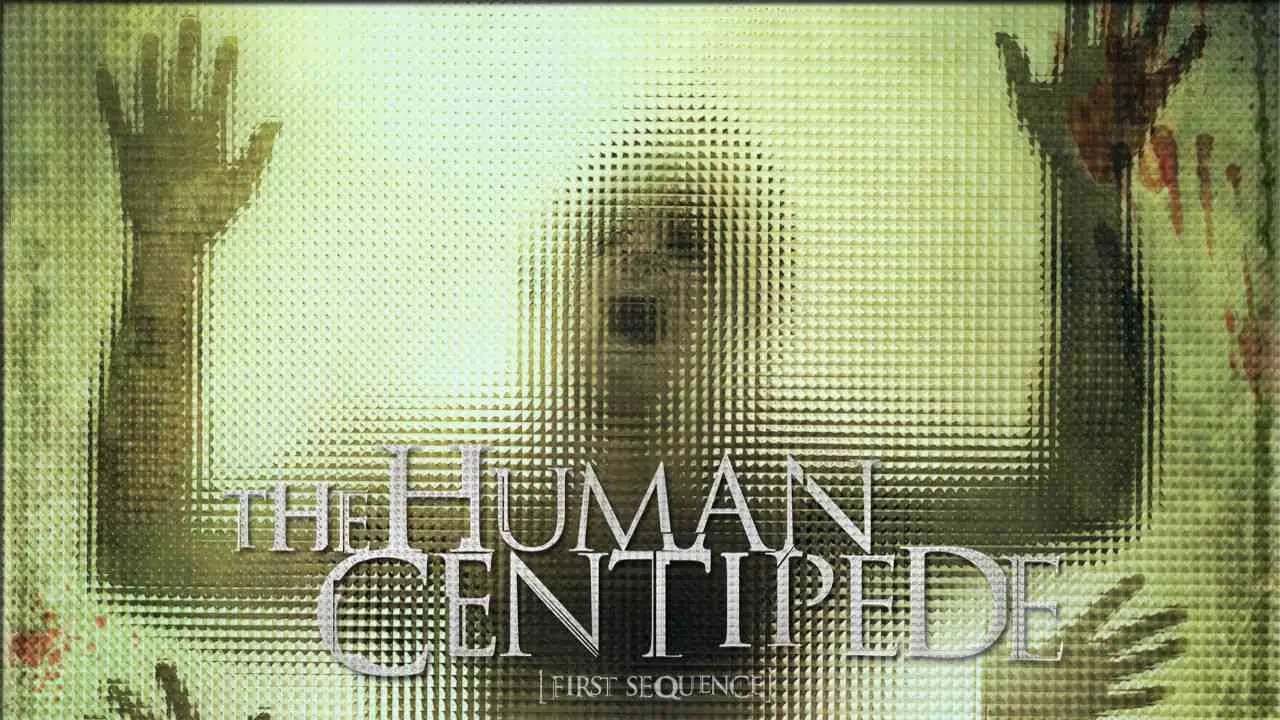

It relies almost exclusively on archive footage and clips from Hollywood movies – there are no talking heads to slow the pace – plus a splendid soundtrack, with lashings of symphonic Beethoven at key moments. The series, which cost $5m (Stone stumped up $1m himself) and took four years to make, is superbly put together (editor Alex Márquez take a bow). According to Stone, President Roosevelt's anti-imperialistic ideals were corrupted by his successors: from being the hammer of empire under Roosevelt and his vice-president Henry Wallace, the hero and great might-have-been in Stone's tale, the US became the most powerful and malign empire of all, virulently opposed to communism, fighting unjust wars, propping up dictators everywhere. They were getting as one-sided a view of American history as he got – "We were the centre of the world, there was a manifest destiny, we were the good guys" – and he wanted to correct that. Stone, in his folksy introduction to the series that was shown on CBS's Showtime channel in the US in autumn 2012 and on Sky Atlantic in the UK in spring 2013, says he made it for his children. The left welcomed it – the Guardian's wave-making correspondent Glenn Greenwald tweeted: "You may not agree with all, but the series is provocative and worthwhile." The right despised it – neocon historian Ronald Radosh said it was "mendacious" and a "mindless regurgitation of Stalin's propaganda".

R eactions to film director Oliver Stone's ambitious attempt to reinterpret America's postwar history tended to divide along strictly ideological lines.


 0 kommentar(er)
0 kommentar(er)
